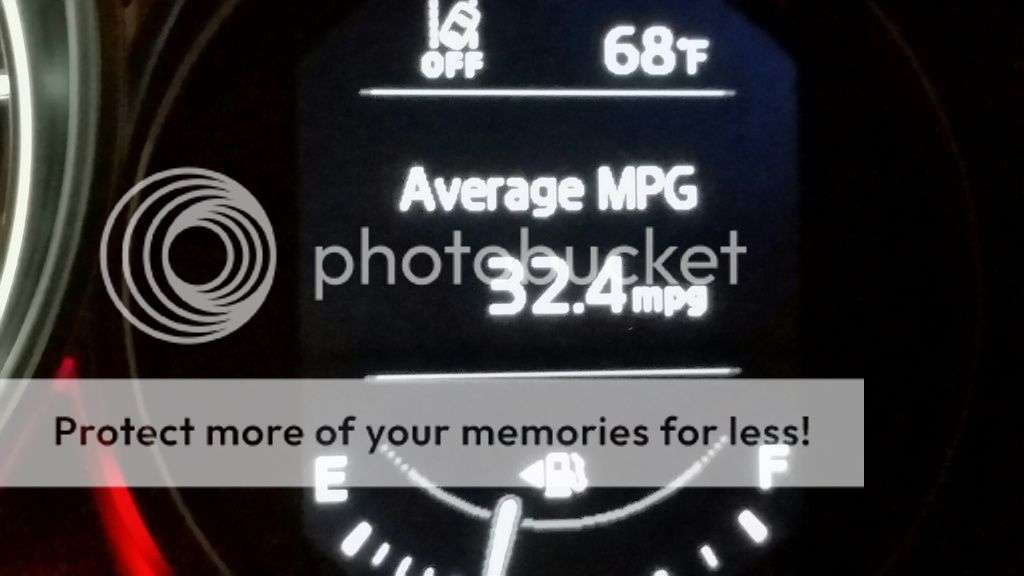buyingconstant7
Member
- :
- 2014 CX-5 GS AWD
Was going to take my 2013 Jetta TDI and its 50+mpg mile eating awesomeness from Calgary, AB, to Winnipeg, MB. But I had to stay home and needed my car so mom went on her own in her 2014 CX-5. She stuck to around 115km/h(70mph) the whole way there and went 80mph the way back. It wasn't windy, weather was about 20c, A/C was off, etc. She usually gets around 30mpg in her daily commute, doing about 100km a day. Here was her fuel economy numbers along the way to and from Winnipeg(US units):
Way there(speeds of 70mph):
1st:28.4mpg
2nd: 28.8mpg
On the way back(speeds of 80mph)
1st: 21mpg
2nd: 23mpg
3rd 24mpg
Clearly, the 2.5 was working it's ass off to go 80mph...for what? Why on earth would this thing get 21mpg on the highway, doing relatively reasonable speeds?!? She was super disapointed and raised the point that she traded her $40,000 Tiguan in, for something slightly bigger, slightly cheaper to run and better on fuel, but from these numbers, the Tiguan would've matched them EASILY. Can someone chime in on why the numbers are downright awful at higher speeds?
Way there(speeds of 70mph):
1st:28.4mpg
2nd: 28.8mpg
On the way back(speeds of 80mph)
1st: 21mpg
2nd: 23mpg
3rd 24mpg
Clearly, the 2.5 was working it's ass off to go 80mph...for what? Why on earth would this thing get 21mpg on the highway, doing relatively reasonable speeds?!? She was super disapointed and raised the point that she traded her $40,000 Tiguan in, for something slightly bigger, slightly cheaper to run and better on fuel, but from these numbers, the Tiguan would've matched them EASILY. Can someone chime in on why the numbers are downright awful at higher speeds?

